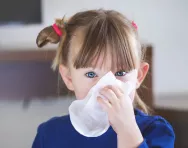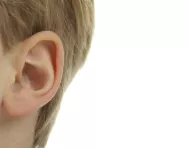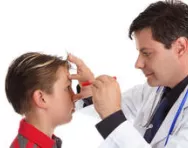Important update from TheSchoolRun
For the past 13 years, TheSchoolRun has been run by a small team of mums working from home, dedicated to providing quality educational resources to primary school parents. Unfortunately, rising supplier costs and falling revenue have made it impossible for us to continue operating, and we’ve had to make the difficult decision to close. The good news: We’ve arranged for another educational provider to take over many of our resources. These will be hosted on a new portal, where the content will be updated and expanded to support your child’s learning.
What this means for subscribers:
- Your subscription is still active, and for now, you can keep using the website as normal — just log in with your usual details to access all our articles and resources*.
- In a few months, all resources will move to the new portal. You’ll continue to have access there until your subscription ends. We’ll send you full details nearer the time.
- As a thank you for your support, we’ll also be sending you 16 primary school eBooks (worth £108.84) to download and keep.
A few changes to be aware of:
- The Learning Journey weekly email has ended, but your child’s plan will still be updated on your dashboard each Monday. Just log in to see the recommended worksheets.
- The 11+ weekly emails have now ended. We sent you all the remaining emails in the series at the end of March — please check your inbox (and spam folder) if you haven’t seen them. You can also follow the full programme here: 11+ Learning Journey.
If you have any questions, please contact us at [email protected]. Thank you for being part of our journey it’s been a privilege to support your family’s learning.
*If you need to reset your password, it will still work as usual. Please check your spam folder if the reset email doesn’t appear in your inbox.
What are school entry health checks?
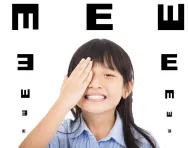
Soon after your child starts school, you’ll receive a letter about their school entry health check. These screening checks are offered to all four- or five-year-olds, usually in the first few weeks of the autumn term of their Reception year.
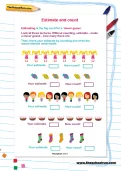
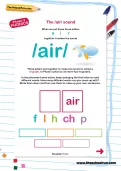
Start the Reception Learning Programme!
- Weekly maths & English worksheets direct to your inbox
- Follows the National Curriculum
- Keeps your child's learning on track
‘The purpose of the school entry health check is to identify health concerns that need to be addressed before, or soon after, the child starts school, as they may affect their learning,’ explains Fiona Smith, professional lead for children’s and young people’s nursing at the Royal College of Nursing.
‘For example, children who have unidentified sight difficulties won’t be able to see the board, and those who have problems with hearing won’t be able to hear the teacher, and may have a speech delay as well.’
What does the check involve?
There are three components to the school entry health check.
Hearing: your child will be given what’s known as a sweep hearing test. This normally involves a series of sounds of different volumes and frequencies being played; your child then has to perform a simple task, such as putting an object in a bucket, every time they hear a sound.
Vision: your child’s sight will be checked, usually by using the standard visual acuity eye test, where they’re asked to read lines of letters of diminishing size from a chart some distance away. If your child doesn’t yet know their letters, the health professional will use a different technique.
Growth: under the National Child Measurement Programme, your child’s height and weight will be measured. Their body mass index (BMI) is calculated, factoring in their age and sex, and they are placed in one of four categories: underweight, healthy weight, overweight or very overweight. This test has caused controversy, but is based on evidence that children who are overweight at this age are more likely to be overweight as adults, which can trigger health conditions such as diabetes and heart disease. Children are weighed and measured in private, wearing their clothes, and the results aren’t shared with their teachers or other children.
Who performs the test?
‘School entry health checks are usually undertaken by trained individuals from the school nursing team, overseen by a qualified school nurse,’ explains Fiona. In some areas, a specialist may do certain parts of the check, such as an optometrist performing the sight test, but the tests are normally administered all in one go.
What happens with the results?
Following the check, you’ll receive a letter with your child’s results. ‘It’s important to note that these are screening tests,’ says Fiona. ‘They can detect indicators of a potential problem, but are not diagnostic.’
If your child’s results are normal, no further action is necessary. ‘If there is a cause for concern, the school nursing team will make a referral to the specialist service, such as the audiology or optometry services, who will then contact you to arrange a follow-up appointment,’ Fiona explains. ‘If a serious, urgent problem is identified, the professionals will contact you by phone to discuss it.’
In addition, your child’s height and weight are recorded by the local NHS to help identify, plan and provide better healthcare services for children in your area. If your child is found to be overweight, you should be offered advice and support, for example from a health visitor or community paediatrician, on tackling this.
Does your child have to be tested?
You’ll be asked to give your consent for your child to have the school entry health check, and you have the right to opt out of any or all parts of it. ‘Parents can choose to have the check done by their GP instead,’ advises Fiona. ‘This might be an option if you suspect other issues with your child that you would like to discuss with a health professional, or if your child is particularly anxious and would feel more comfortable to be seen by their usual GP, with you present.’

